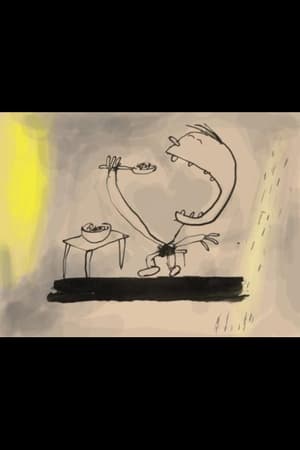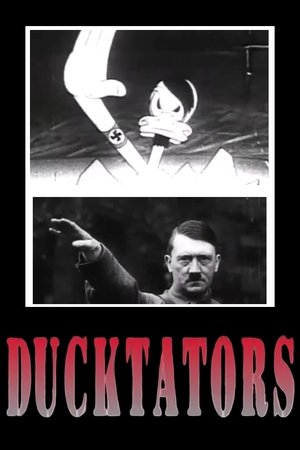
The Letter to a Chinese Friend(1969)
Film by Aleksandr Medvekin to a metonymic Chinese friend, advocating against Mao and the Ussuri River Skirmish.
Movie: The Letter to a Chinese Friend

Письмо китайскому другу
HomePage
Overview
Film by Aleksandr Medvekin to a metonymic Chinese friend, advocating against Mao and the Ussuri River Skirmish.
Release Date
1969-01-01
Average
6.5
Rating:
3.3 startsTagline
Genres
Languages:
PусскийKeywords
Recommendations Movies
 7.6
7.6Kathleen Madigan: Madigan Again(en)
Kathleen Madigan drops in on Detroit to deliver material derived from time spent with her Irish Catholic Midwest family, eating random pills out of her mother's purse, touring Afghanistan, and her love of John Denver and the Lunesta butterfly.
 6.0
6.0Star(fr)
Star is a young graffiti writer, the best in his city, Paris. His reputation attracts him as much into art galleries than in the police precincts. Accused of vandalism, he faces jail. Despite the threat, he decides to go to Rome with his crew in search of the meaning of his art.
 6.1
6.1Pound x Pound: The History of Juan Manuel Márquez(en)
Pound x Pound introduces you to the world of boxing elite through the eyes of Juan Manuel Marquez, four-time world champion. It is a ringside ticket to the professional and personal life of Juan Manuel. An unique access to the truth behind the rivalry with Manny Pacquiao. Read the story behind the Mexican idol, who through work, effort, sacrifices and frustrations, has established itself as one of the best pound for pound fighters in the world.
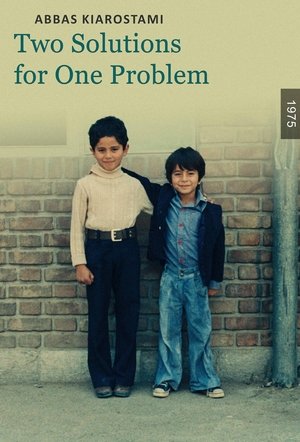 5.6
5.6Two Solutions to One Problem(fa)
During breaktime, Dara and Nader have a fierce argument about a torn exercise book that the former has given back to the latter. There are two possible outcomes, which the film shows one after the other. One is that Dara wants to get his own back, and the two boys start a violent fight; the other is that they work together to mend the exercise book with a little glue.
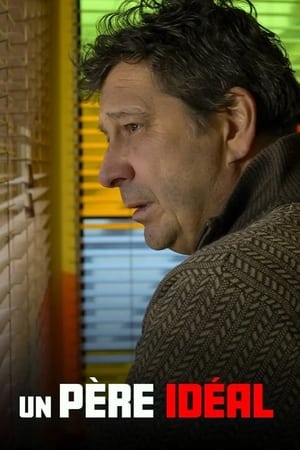 6.3
6.3An Ideal Father(fr)
Michel, the jovial owner of the only café in a small Normandy town, sees his life turned upside down when his teenage daughter is murdered. The community has his back but soon rumor spreads and Michel is singled out. From the ideal father, he becomes the ideal culprit.
 5.4
5.4Main Madhuri Dixit Banna Chahti Hoon(hi)
The story of a girl in a small North Indian town who is an obsessive fan of top Hindi movie star Madhuri Dixit, and dreams of moving to Mumbai to become a film heroine herself.
 5.7
5.7The Sisters S-Scandal(ko)
Yoo-jin is rough and manly while Yoo-jeong is feminine and cute. Yoo-jeong works in an office until she finds out she's getting fired. The chairman uses this against her to provide sexual service and Yoo-jeong has no choice but to spend a night with him. Yoo-jin finds out about this and makes a plan to make him pay back...
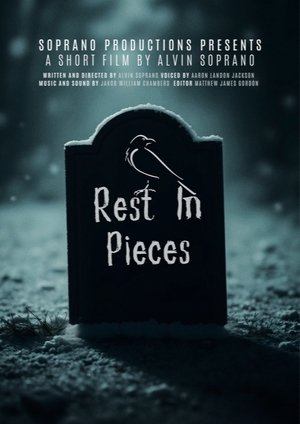 8.8
8.8Rest in Pieces(en)
This short machinima horror movie tells the escape story of Chris Edwards, inner voice dubbed by Aaron Landon Jackson, who wakes up in the middle of the night, at the cemetery, by a nameless grave that reads "Rest In Pieces."
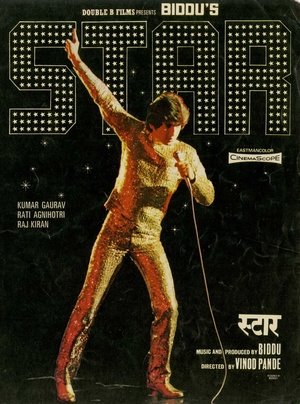 5.8
5.8Star(hi)
Dev Kumar Verma comes from a middle-class family and must find employment to support his dad and mom. Dev, however, has set his mind upon becoming a music sensation like Elvis Presley. He loses his job because of this, and refuses to work until and unless he gets a job to his liking, much to the dismay of his parents and his brother, Shiv Kumar. Dev does get employment at Charlie's Disco, where he meets with Maya and falls in love with her. When Charlie's Disco's competitor, Rana, finds out about Dev, he wants to hire Dev, but Dev decides to continue to work with Charlie's Disco, as a result Dev and Charlie get a beating by Rana's men, and Dev is unable to sing. After recuperating, Dev is devastated to find out that Maya and Shiv Kumar are in love with each other. What impact will this have on Dev and his brother on one hand, and what of his career in music?
 5.7
5.7way(en)
San Francisco filmmaker Konrad Steiner took 12 years to complete a montage cycle set to the late Leslie Scalapino’s most celebrated poem, way—a sprawling book-length odyssey of shardlike urban impressions, fraught with obliquely felt social and sexual tensions. Six stylistically distinctive films for each section of way, using sources ranging from Kodachrome footage of sun-kissed S.F. street scenes to internet clips of the Iraq war to a fragmented Fred Astaire dance number.
 9.8
9.81st Kiss(ja)
After losing her husband to death following a troubled marriage, a woman unexpectedly travels back to the moment before their first meeting, allowing them to reconnect and rekindle their romance.
 6.4
6.4Minor Leaguer(en)
A minor league hockey player struggles with the massive ego of his team's new owner, a hockey legend who was once his childhood hero.
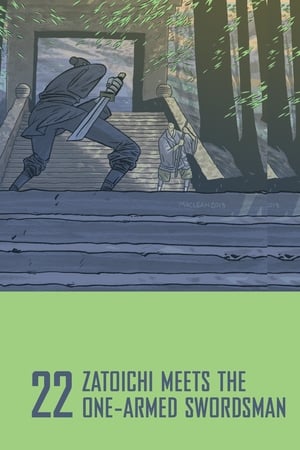 6.8
6.8Zatoichi Meets the One-Armed Swordsman(ja)
Zatoichi is a blind massage therapist and swordsman who finds out that something troubling is taking place on the outskirts of town. After discovering who the guilty parties are -- an accomplished Chinese martial artist named Wang Kang and his youthful attendant -- Zatoichi finds them and discovers that the pair's mixed up with a dangerous bunch of terrorist samurai who murdered the boy's parents. Now, Zatoichi must step in to save the day.
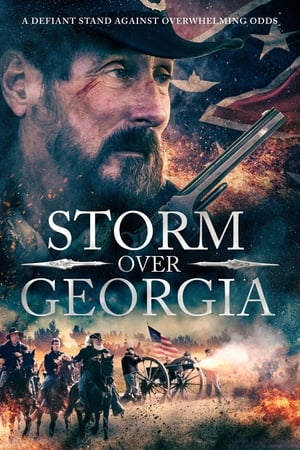 5.7
5.7Storm Over Georgia(en)
In the middle of Sherman's March, in eastern Georgia, Confederate infantry, cavalry, and artillery make a bold stand against the overwhelming numbers of the Union army as it tears across Georgia.
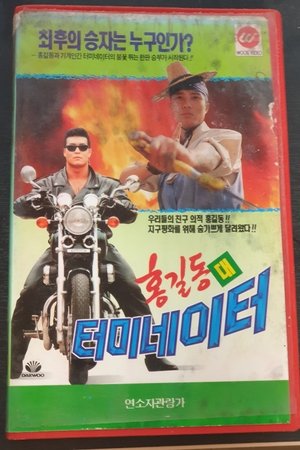 4.3
4.3Hong Gil-Dong Vs Terminator(ko)
When a book containing Hong Gil-dong's magic was stolen from the museum, a boy and his friend will see Hong Gil-dong and Terminator of the past.
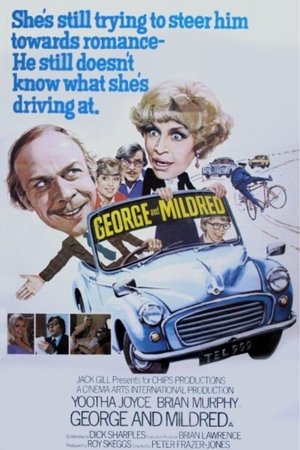 8.3
8.3George & Mildred(en)
Big screen spin-off of the Seventies sitcom. Mildred Roper is determined to make husband George celebrate their wedding anniversary in style, at a posh hotel in London. However, upon arrival George is mistaken by a gangland criminal for a rival hitman, and soon the Ropers find themselves up to their necks in trouble on the wrong side of the law!
Similar Movies
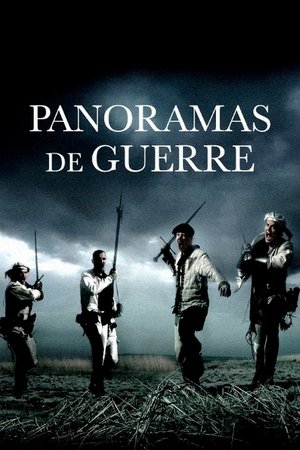 6.3
6.3Panoramas of War(fr)
The end of the Franco-Prussian war (1870-71) saw the birth of the panoramas of war, huge circular paintings depicting scenes of war, cruelty and desolation that were contemplated by thousands of spectators, a kind of inmersive static newsreels, a mass media prior to the era of mass media, a virtual reality on canvas.
 0.0
0.0Don't You Feel Lovely Today(en)
Why wouldn't you? Is there any reason not to? We've got so much at our disposal, so, why don't you? Won't you tell me? Won't you please tell me? To have you down is simply unacceptable. Just look at this; or this; at all these hallmarks to guide you and convey to you the prime ways to feel lovely. Just follow them and you'll be set. So, I ask you again... Don't you feel lovely today?
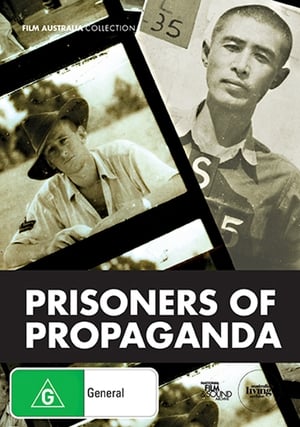 6.0
6.0Prisoners of Propaganda(en)
In 1943, the Imperial Japanese Secret Service made a film called Calling Australia! to show the "exemplary conditions" under which prisoners of war were kept, and to "soften up" the Australian public for the anticipated occupation of their country by Japanese forces. Prisoners of Propaganda tells why the film was made, and how it came to be forgotten.
 8.0
8.0Lenin and the Other Story of the Russian Revolution(fr)
Vladimir Ilyich Ulyanov, better known as Lenin, is remembered as the instigator of the October Revolution of 1917 and, therefore, as one of the men who changed the shape of the world at that time and forever, but perhaps the actual events happened in a way different from that narrated in the history books…
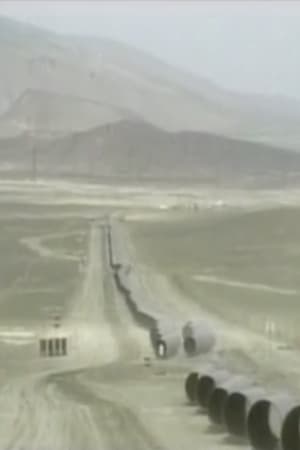 0.0
0.0Analepsis(en)
The video Analepsis, 2003-04, is composed of a series of excerpts taken from satellite television news reports. The individual 1-4 second clips are used to introduce the viewer to a given location. Through his method of re-editing the material and omission of the sound from the original news programs, Snyder restructures the footage, revealing the potential of a place to mean more than one thing and pointing to the cinematographic quality inherent in television news.
 7.8
7.8Man with a Movie Camera(ru)
A cameraman wanders around with a camera slung over his shoulder, documenting urban life with dazzling inventiveness.
 6.2
6.2Naples Is a Battlefield(en)
The capture of Naples, the first great European city to be liberated, revealed the magnitude of the tasks involved in re-creating the means of livelihood and the machinery of government in a devastated, starving and disease-ridden city.
 7.2
7.2The Volcano: Rescue from Whakaari(en)
A close examination of the Whakaari / White Island volcanic eruption of 2019 in which 22 lives were lost, the film viscerally recounts a day when ordinary people were called upon to do extraordinary things, placing this tragic event within the larger context of nature, resilience, and the power of our shared humanity.
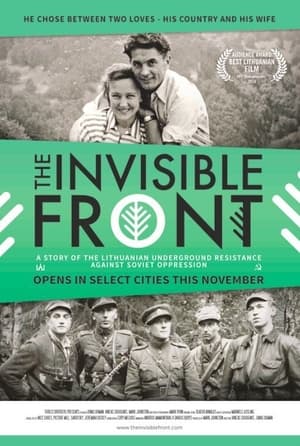 5.8
5.8The Invisible Front(en)
Between 1944–1953, courageous resistance movement took place in the Baltic region of Europe, uniting the partisan troops for struggle against the Soviet Union. “The Invisible Front” was a coded name used by the Soviet Interior forces to describe the resistance movement in Lithuania. Film depicts the story of the fighters through the words and experience of the partisan leader, Juozas Luksa, and interviews with eyewitnesses of those events - both the partisans and the Soviet fighters. Tales of horror, torture and courage are told in the rare archival footage that has never been screened before, and interviews with the surviving members of the resistance movement.
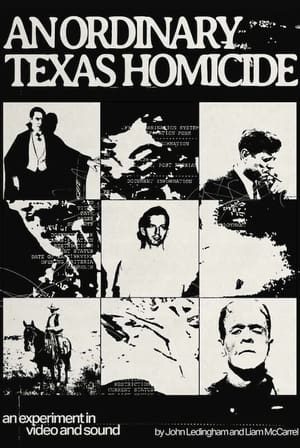 0.0
0.0An Ordinary Texas Homicide(en)
An experiment in video and sound collage by John Ledingham and Liam McCarrell. Inspired by the novel "Libra" by Don DeLillo.
 7.2
7.2The Atomic Cafe(en)
A disturbing collection of 1940s and 1950s United States government-issued propaganda films designed to reassure Americans that the atomic bomb was not a threat to their safety.
 5.8
5.8Mise Éire(ga)
Mise Éire ("I am Ireland") is a 1912 Irish-language poem by the Irish poet and Republican revolutionary leader Patrick Pearse. In the poem, Pearse personifies Ireland as an old woman whose glory is past and who has been sold by her children. The poem inspired this 1959 film of the same name by George Morrison. Here, Morrison painstakingly assembled historical footage of the events surrounding the 1916 Rising from archives across Europe and deals with key figures and events in Irish Nationalism between the 1890s and the 1910s. The narration is by Liam Budhlaeir and Padraig O'Raghallaigh and the musical score is by Seán Ó Riada.
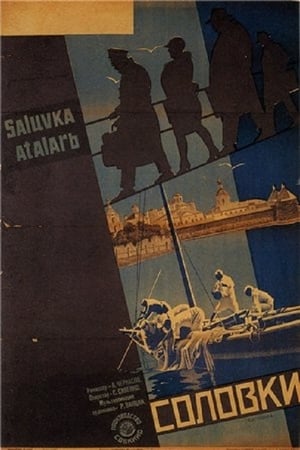 0.0
0.0Solovki(ru)
Depicts life in the Solovki prison camp as a vacation at a holiday resort, pointing at the authorities’ efforts to humanise the re-education of criminals via an aesthetics of normalcy.
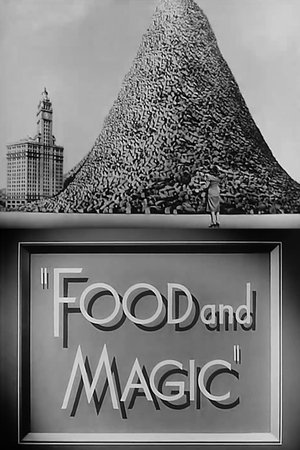 5.0
5.0Food and Magic(en)
A sideshow barker uses magic and visual aids to alert the public that proper food management is both a resource and a weapon that could be to America's advantage if conserved properly in winning the then current World War. Preserved by the Academy Film Archive, Academy War Film Collection, in 2008.
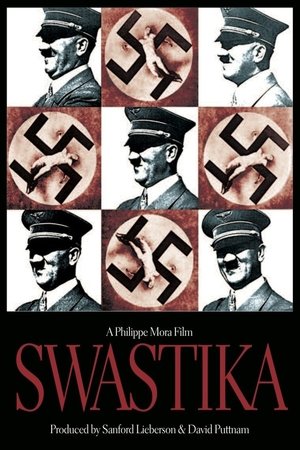 6.7
6.7Swastika(en)
Comprised of video shot during the Nazi regime, including propaganda, newsreels, broadcasts and even some of Eva Braun's colorized personal home movies, we explore the way in which the Third Reich infiltrated the lives of the German population, from 1933 to 1945.
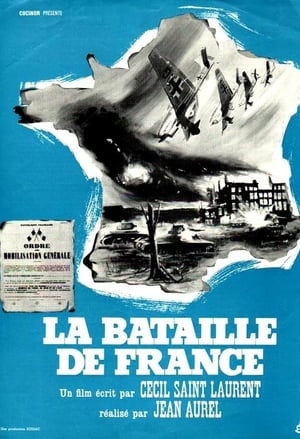 0.0
0.0The Battle of France(fr)
A montage of newscasts tracing the events of the "damned war" and the German invasion of 1940.
Leibstandarte-SS Adolf Hitler In Action(en)
Chronicles combat action of Hitler's elite bodyguard regiment from 1940 to 1941. From Rotterdam to Greece, German frontline cameramen captured footage of early victorious campaigns. Scenes of camp life and ceremonies convey an impression of the comradeship, pride, and elan of this mighty military formation.
 6.5
6.5Forbidden Films(de)
Between 1933 and 1945 roughly 1200 films were made in Germany, of which 300 were banned by the Allied forces. Today, around 40 films, called "Vorbehaltsfilme", are locked away from the public with an uncertain future. Should they be re-released, destroyed, or continue to be neglected? Verbotene Filme takes a closer look at some of these forbidden films.
 8.0
8.0The Phoney War(fr)
September 3rd, 1939. Britain and France declare war on Nazi Germany, only two days after the Wehrmacht invades Poland. This day, the sad date when the fate of the world changed forever, the Phoney War began: eight months of uncertainty, preparations, evacuations and skirmishes.

